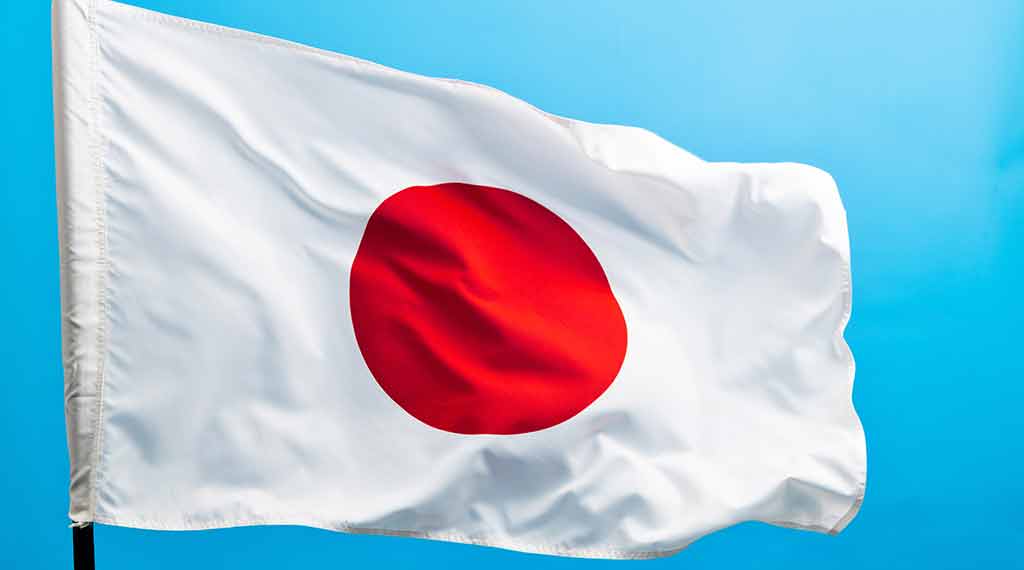
Editor’s Note: This piece by Gordon Chang features quotes from CSP Senior Fellow, Grant Newsham.
Japan’s newly installed prime minister, Shigeru Ishiba, wants his country to have the world’s most destructive weapons. Ishiba shared his views with the Hudson Institute in September, before his election as president of the governing Liberal Democratic Party. He called for the formation of “an Asian version of NATO, which must ensure deterrence against the nuclear alliance of China, Russia, and North Korea.” He also proposed “America’s sharing of nuclear weapons or the introduction of nuclear weapons into the region.” Ishiba’s words signaled a reversal of decades-old Tokyo policy, and some believe Ishiba even wants Japan to build such weapons of its own.
Since becoming prime minister on October 1, he has softened his tone—reflecting the reality that few in Japan, the only nation ever attacked with nuclear weapons, want such fearsome devices in their arsenal.
Certainly, the Norwegian Nobel Committee hopes Japan does not acquire them. On the 11th of this month, it announced the award of the Peace Prize to Nihon Hidankyo, a Japanese grassroots organization of survivors of the Hiroshima and Nagasaki atomic bombings. The group, the committee stated, was dedicated to achieving “a world free of nuclear weapons.”
…
But the Japanese public is not nearly as supportive of the views of their new prime minister. “Ishiba is an outlier in the Japanese political world and has been saying ‘edgy,’ almost ‘provocative,’ things for many years,” Grant Newsham, author of When China Attacks: A Warning to America, told me this month. “Japan building its own nukes would cause an epic firestorm in the country.”
“There will be tremendous international political opposition, not just from China and North Korea, but also from elements in those various countries Ishiba would seek to join Japan in an Asian NATO,” Lance Gatling of Tokyo-based Nexial Research wrote to me, referring to the new leader’s comments about nuclear weapons.
No wonder Ishiba praised the Nobel award just moments after it was announced. “It is extremely meaningful that the prize will be awarded to an organization that has worked for the abolition of nuclear weapons for many years,” he said. Ishiba later stressed the need for nuclear deterrence.
Ultimately, Ishiba may get his way on nuclear weapons, especially as distrust among Japanese officials of American resolve grows. “Team Biden hasn’t done anything to convince Japan that it will be there,” Newsham says.
- The U.S. and Iran: Adding to the list of fiascos? - February 3, 2026
- Forget Greenland — securing Diego Garcia should come first - January 27, 2026
- Trump Makes Greenland Deal With NATO: Chinese Military Pilots Trained In US - January 22, 2026
